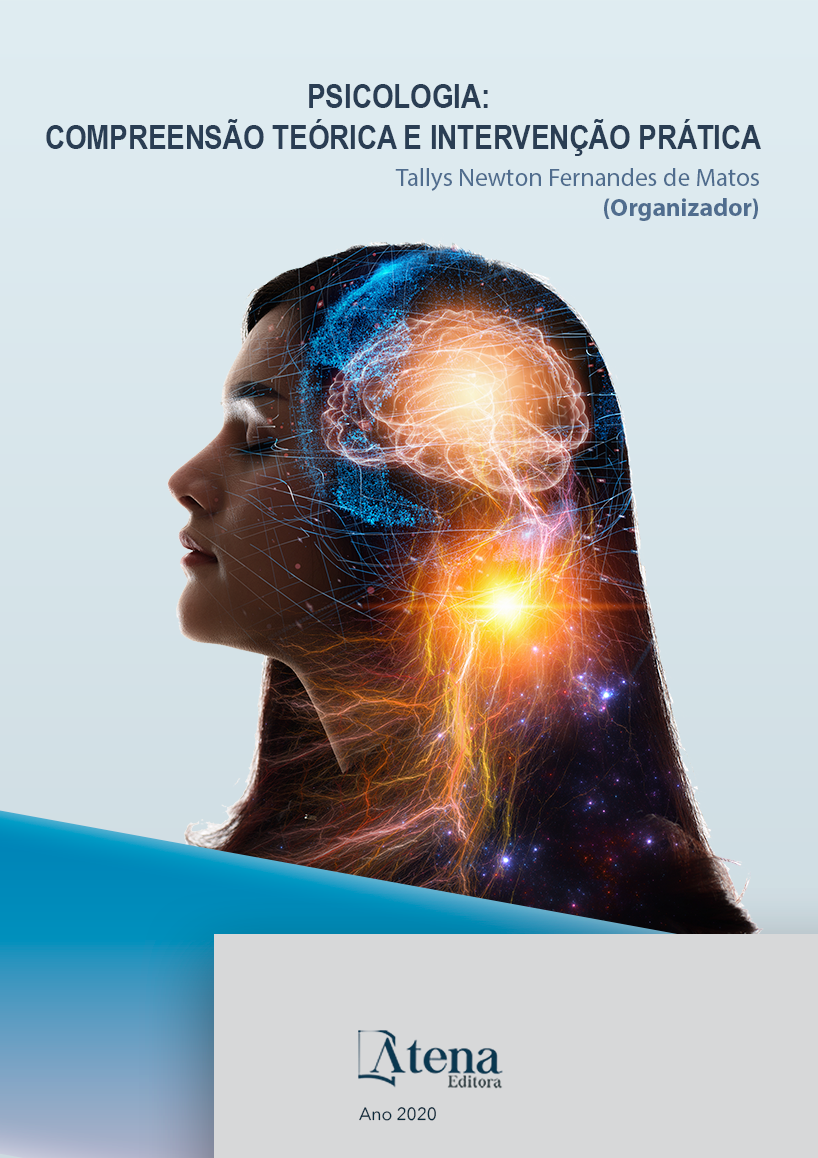
CLÍNICA DE SITUAÇÕES: O ACONTECIMENTO ANTROPOLÓGICO COMO OUTRA POSSIBILIDADE DE SER NO MUNDO
O filósofo Jean Paul Sartre propõe, na quarta parte de O Ser o Nada, uma psicanálise existencial, fundamentada em sua ontologia fenomenológica. Sartre tem como objetivo compreender o sujeito imbricado dialeticamente entre subjetividade e objetividade histórica, entre liberdade e facticidade e entre singularidade e universalidade. Esta dialética compõe o que Sartre conceitua como situação, uma unidade sintética do para-si enquanto liberdade projetante em contradição às determinações do em-si. A partir do conceito de situação, compreende-se uma clínica de situações como teoria e prática clínica em direção à subjetividade. Este trabalho pretende, a partir do referencial teórico da psicanálise existencial, realizar uma exposição e discussão metodológica de uma caso clínico, atendido pela Divisão de Psicologia Aplicada da UFRJ, como parte integrante do estágio em psicoterapia existencial orientado pelo professor Fernando Gastal de Castro. Buscaremos analisar, nesse sentido, o percurso clínico de uma estudante universitária de 23 anos, que chega ao consultório em sofrimento após tentativa de suicídio da mãe, sem o amparo do pai esquizofrênico que não vê desde infância, desde o surto psicótico que o deixou paraplégico. São identificados primeiramente os núcleos de sofrimento e de desejo e, em seguida, trabalhados em momentos distintos a partir de um processo de presentificação a partir da exploração fenomenológica, a localização do sujeito em sua situação, de maneira a permitir a intuição de seu modo de ser e de seus impasses existenciais. Neste processo, tivemos como objetivo a purificação da reflexão, cuja meta foi atingir a experiência pré-reflexiva e desvelar o ser no mundo como ser situado. Assim, sustentamos uma clínica que parta do gesto fenomenológico como práxis, no sentido de ser capaz de conjugar a palavra fenômeno - aquilo que se mostra em si mesmo - e logia - que faz ver aquilo que se mostra. O papel do psicólogo, deste modo, não é oferecer interpretações a priori para o paciente, mas junto dele, ver e fazer ver sua (re)totalização em curso. Através do método progressivo-regressivo, do movimento da singularidade em direção à universalidade e dentro da perspectiva histórica passado-futuro, a paciente foi provocada ao que Sartre chamou de instante, quando compreender-se em sua pŕaxis implica em modificar-se. As mudanças oriundas da prática psicoterapêutica se dão, dessa forma, a partir de acontecimentos antropológicos, isto é, momento concretos nos quais o sujeito toma consciência de sua práxis e de sua exis (temporalidade psíquica) e diante disso, forja novas possibilidades de ser no mundo.
CLÍNICA DE SITUAÇÕES: O ACONTECIMENTO ANTROPOLÓGICO COMO OUTRA POSSIBILIDADE DE SER NO MUNDO
-
DOI: 10.22533/at.ed.4382012057
-
Palavras-chave: Psicanálise existencial. Clínica. Fenomenologia. Sartre.
-
Keywords: Existential psychoanalysis. Clinical. Phenomenology. Sartre.
-
Abstract:
The philosopher Jean Paul Sartre proposes, in the fourth part of The Being the Nothing, an existential psychoanalysis, based on his phenomenological ontology. Sartre aims to understand the subject imbricated dialectically between subjectivity and historical objectivity, between freedom and facticity and between singularity and universality. This dialectics composes what Sartre conceptualizes as a situation, a synthetic unit of being-for-itself as a projecting freedom in contradiction to the determinations of being-in-itself. From the concept of situation, we understand a clinic of situations as theory and clinical practice towards subjectivity. This work intends, based on the theoretical reference of existential psychoanalysis, to make an exposition and methodological discussion of a clinical case, attended by the Division of Applied Psychology of UFRJ, as part of the internship in existential psychotherapy oriented by Professor Fernando Gastal de Castro. We will try to analyze, in this sense, the clinical course of a 23-year-old university student, who arrives at the clinic in suffering after her mother's suicide attempt, without the support of her schizophrenic father whom she has not seen since childhood, since the psychotic outbreak that left him paraplegic. First the nuclei of suffering and desire are identified and then worked on at different moments from a process of presentification from phenomenological exploration, the location of the subject in his situation, in order to allow intuition of his way of being and his existential impasses. In this process, we aimed at the purification of reflection, whose goal was to achieve the pre-reflexive experience and reveal the being in the world as being situated. Thus, we sustained a clinic that starts from the phenomenological gesture as a praxis, in the sense of being able to conjugate the word phenomenon - that which shows itself - and logia - which makes one see that which shows itself. The role of the analyst, in this way, is not to offer a priori interpretations for the patient, but to see and bring light to his (re)totalization in progress. Through the progressive-regressive method, the movement of singularity towards universality and within the past-future historical perspective, the patient was provoked to what Sartre called an instant, when to understand himself in his pŕaxis implies to modify himself. The changes coming from the psychotherapeutic practice take place, in this way, from anthropological events, that is, concrete moments in which the subject becomes aware of his praxis and his existence (psychic temporality) and before this, forges new possibilities of being in the world.
-
Número de páginas: 7
- Mariana Gabriel
- André Diogo Resende


